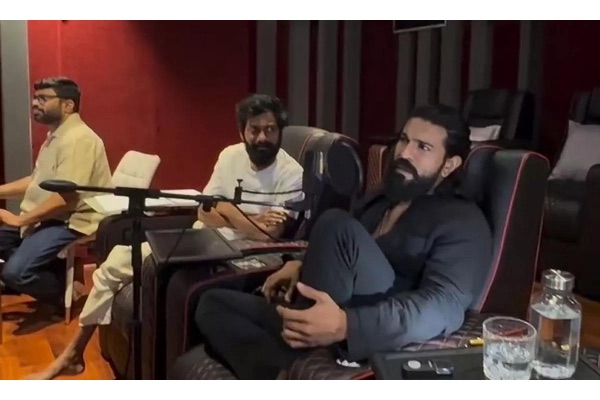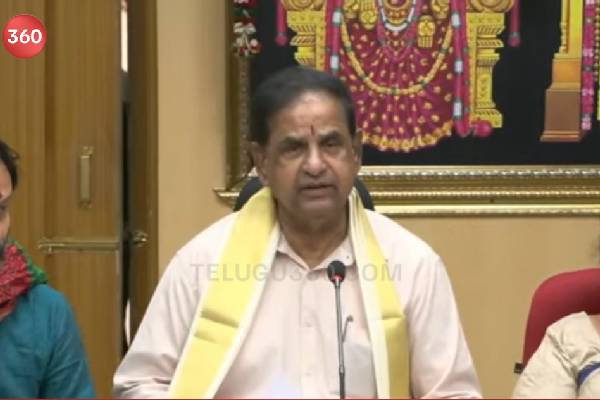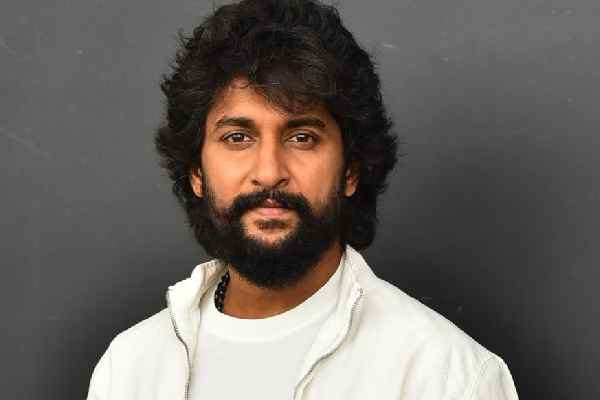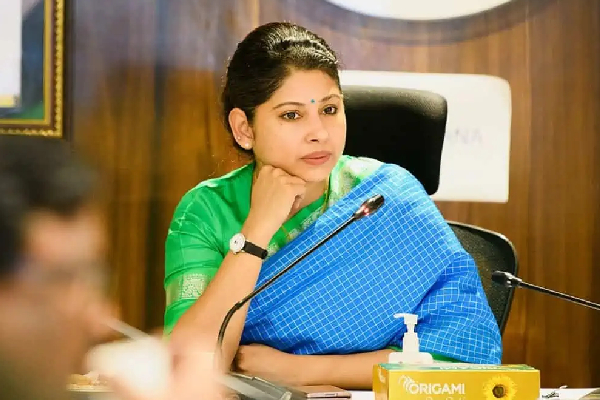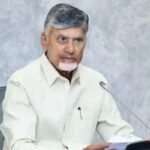Smita Sabharwal, a senior IAS officer, recently found herself at the center of controversy following her comments on the suitability of differently-abled individuals for certain professions. Her statements, made on Twitter, have drawn widespread criticism for their perceived insensitivity and exclusionary nature.
What Did Smita Sabharwal Say about Appointing differently-abled persons as bureaucrats?
On Twitter, Smita Sabharwal posted: “As this debate is blowing up- With all due respect to the Differently Abled. Does an Airline hire a pilot with disability? Or would you trust a surgeon with a disability? The nature of the #AIS (IAS/IPS/IFoS) is field-work, long taxing hours, listening first hand to people’s grievances-which requires physical fitness. Why does this premier service need this Quota in the first place! #justasking”.
Her remarks questioned the inclusion of differently-abled individuals in premier services such as the Indian Administrative Service (IAS), Indian Police Service (IPS), and Indian Forest Service (IFoS), suggesting that these roles require physical fitness and questioning the necessity of quotas.
Reactions from Public Figures
Rajya Sabha MP Priyanka Chaturvedi, a prominent leader from Shiv Sena, responded strongly: “This is such a pathetic and exclusionary view to have. Interesting to see how bureaucrats are showing their limited thoughts and their privilege too. I haven’t seen bureaucrats criticising the misuse of the quota such as EWS/Non creamy layer or Disabilities and getting into the system but rather about doing away with a reservation that promotes diversity and inclusion. I don’t know how you telling about the number of years in service is relevant to your point. Thanks anyway.”
Know : Puja Khedkar is the criminal, but UPSC is the victim
In her rebuttal, Sabharwal defended her stance, arguing that bureaucrats have the responsibility to speak on governance issues and that her extensive career experience informed her perspective.
Netizens Lambast Smita Sabharwal’s Comments
Social media users were quick to criticize Sabharwal’s remarks, highlighting the achievements of differently-abled individuals who have made significant contributions across various fields.
Stephen Hawking: Renowned physicist who made groundbreaking contributions to science despite his battle with ALS.
Helen Keller: An inspirational figure who overcame her disabilities to become a leading advocate for people with disabilities.
Specific Examples Related to Sabharwal’s Question on Airlines:
Jessica Cox: The world’s first licensed pilot without arms, who also excels as a motivational speaker, licensed scuba diver, and author.
Hypothetical UPSC Interview Response
Critics pointed out that Sabharwal’s comments would not have been acceptable in a UPSC interview, which tests the overall character and judgment of candidates. It is likely that, in such a formal setting, she would have provided a more balanced answer. The irony is underscored by the fact that many differently-abled officers are already serving with distinction, arguably performing better than some of their able-bodied counterparts.
The Curious Case of Ira Singhal, IAS officer and 2014 topper:
Ira Singhal, the first differently-abled person to top the UPSC exam in 2014, faced significant hurdles due to her physical disability but went on to serve effectively in challenging roles. Despite successfully passing the UPSC exam on her first try, Singhal was denied the office position because of her physical disability. Authorities claimed her scoliosis prevented her from pushing, pulling, and lifting. In 2012, she took her case to the Central Administrative Tribunal (CAT) and, after a four-year legal battle, she won and was appointed as an Assistant Commissioner in the Indian Revenue Service. Singhal later retook the exam and achieved the Indian Administrative Service (IAS) rank.
She also proved her capabilities by working effectively in challenging terrains, such as the northeast, matching the success of other officers like Smitha. Her success story is a testament to the capabilities of differently-abled individuals in public service.
Jaipal Reddy: A Political Example
Jaipal Reddy, a prominent politician who served as a Member of Parliament and held cabinet positions, exemplified that physical disabilities do not preclude effective public service. Reddy’s success challenges Sabharwal’s notion that only IAS officers require physical fitness to serve the public. Also if Smitha Sabharwal wants to justify her logic, she should apply the same logic to politicians and ministers too as they are also here to serve people like bureaucrats.
Smita Sabharwal’s comments have ignited a crucial debate on the inclusion and capabilities of differently-abled individuals in various professions. Her remarks, seen by many as exclusionary and insensitive, overlook the significant contributions made by differently-abled individuals in diverse fields. To regain credibility, Sabharwal and others in influential positions must recognize and support the potential of all individuals, regardless of physical ability, to contribute meaningfully to society.






















